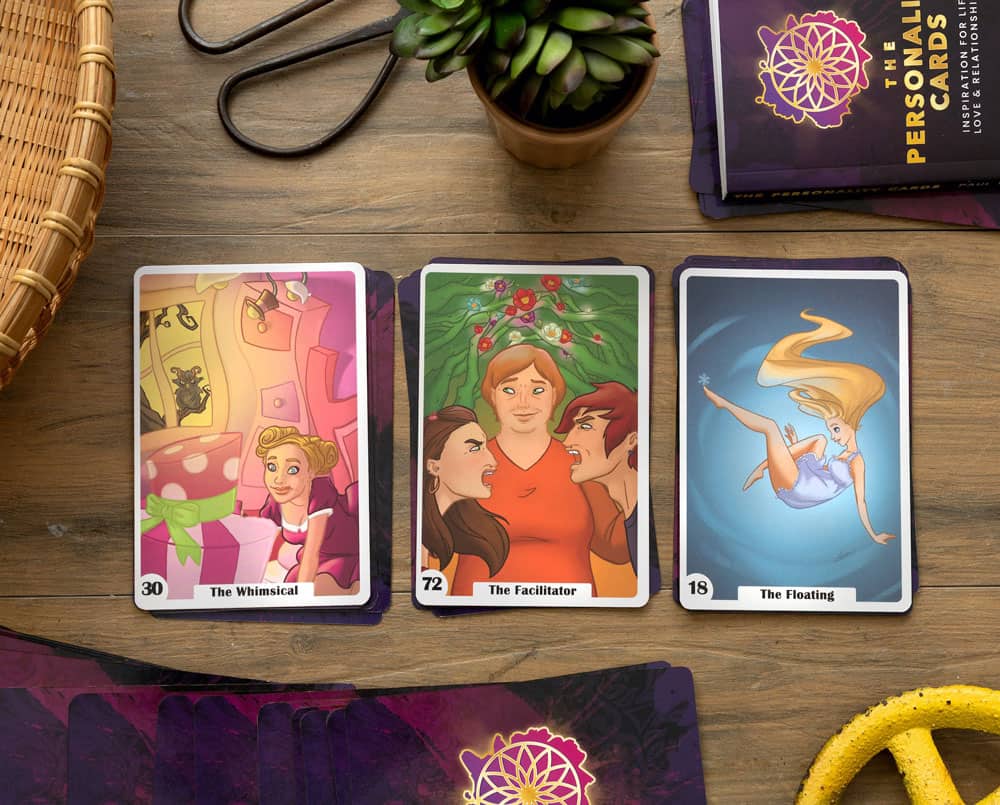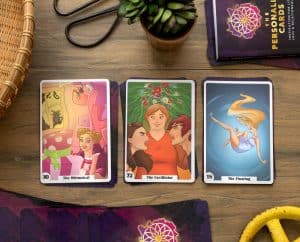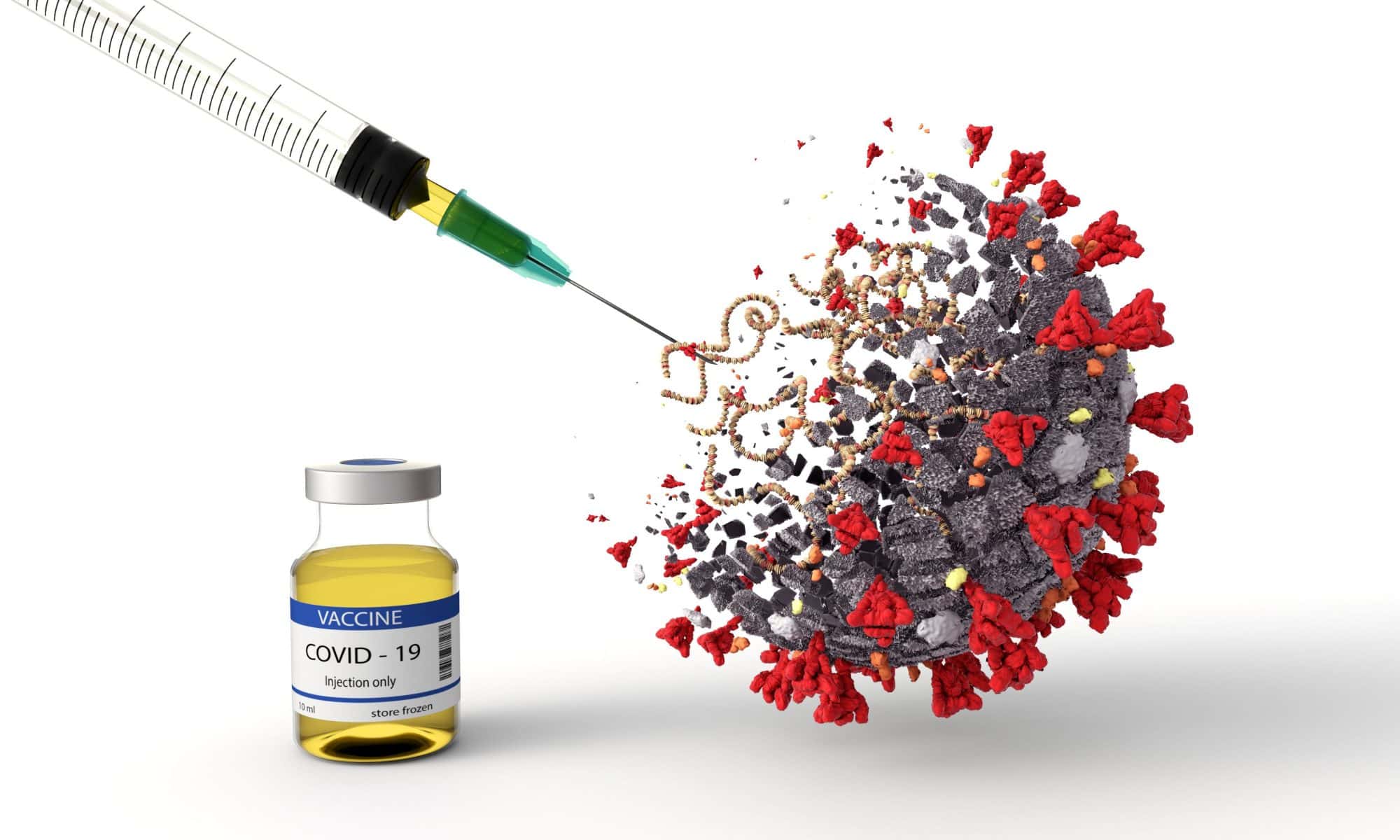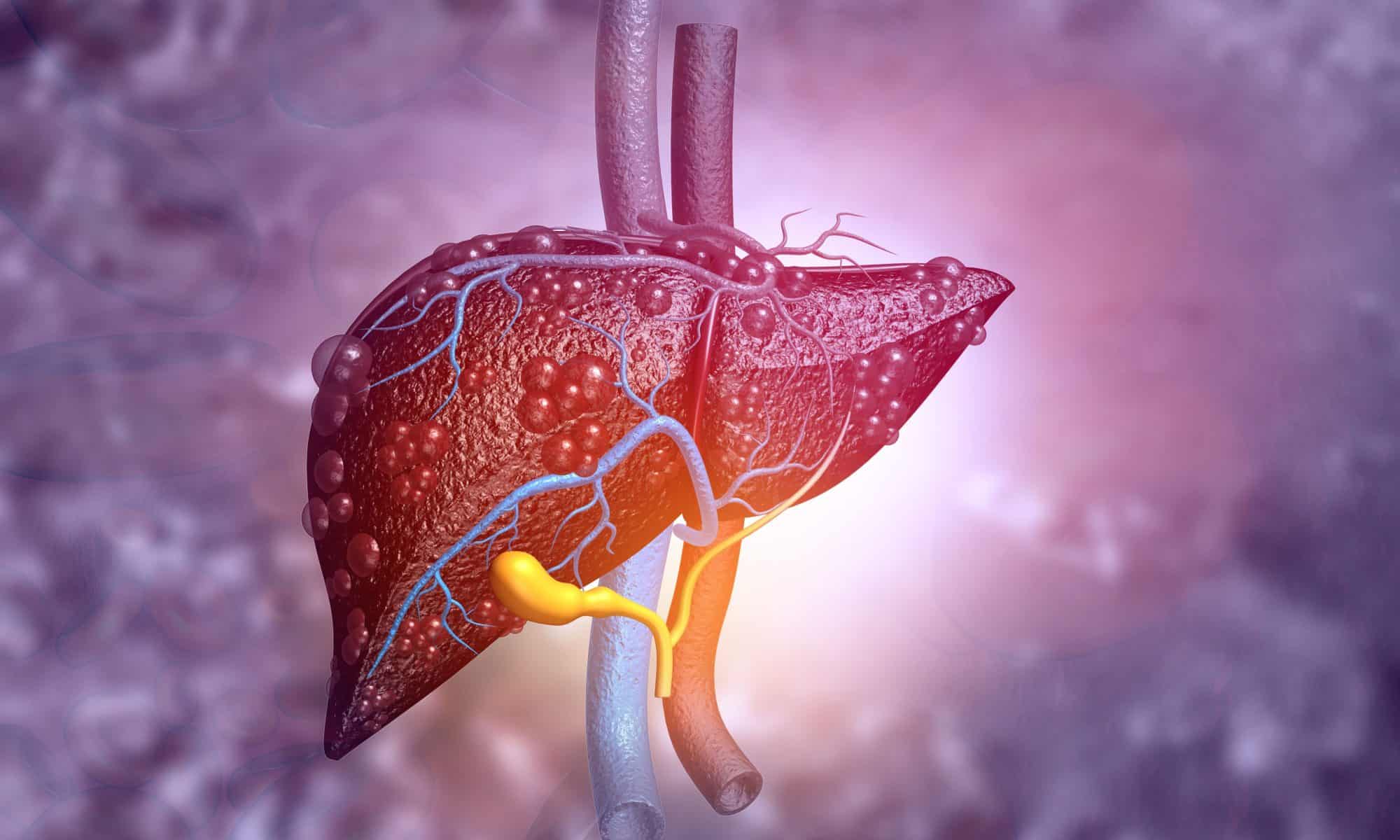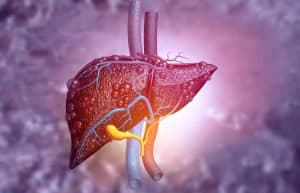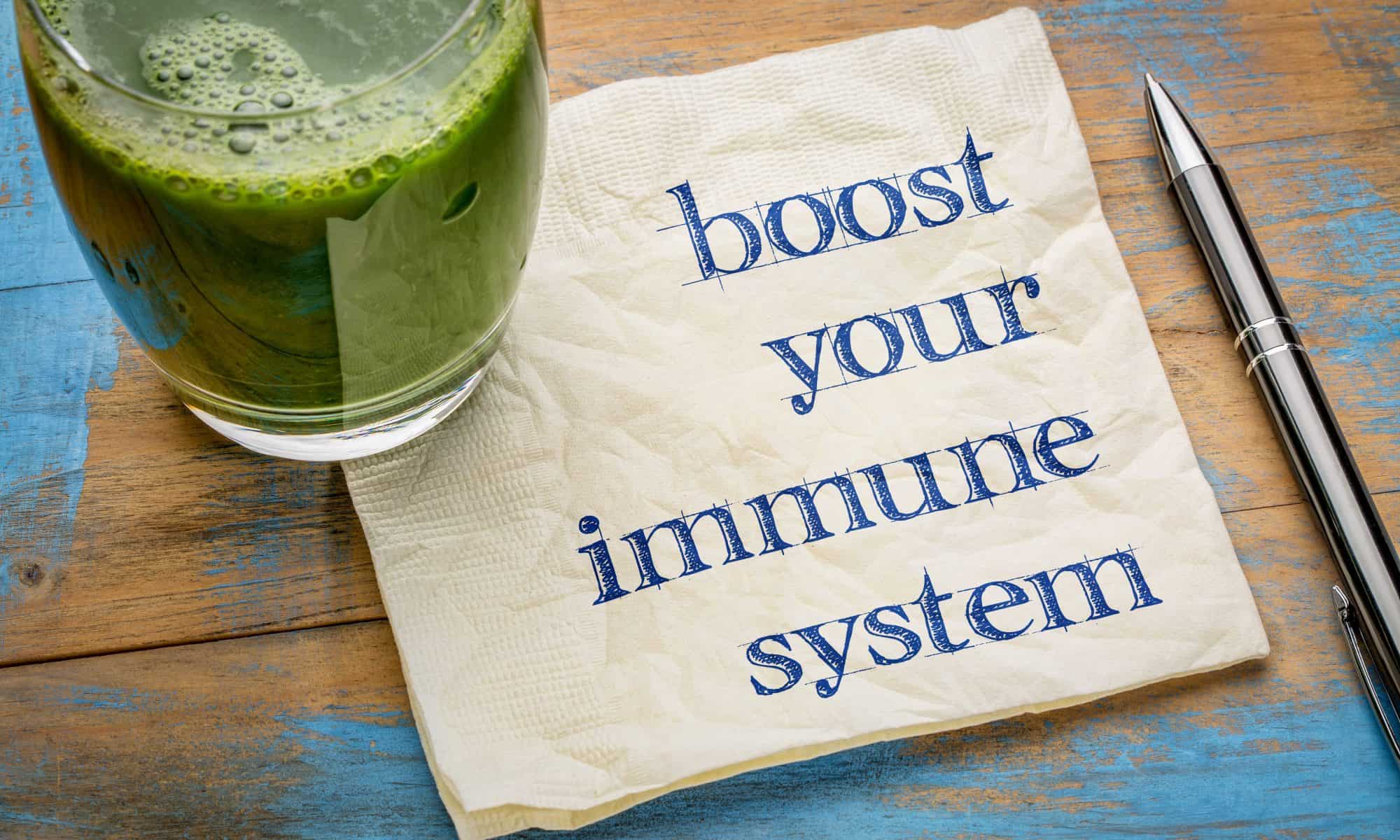
When we are introspective and look inward, that’s when we can have our most profound growth outward. When we understand what personality type we are, and can connect that type to the ancient wisdom of the tarot archetypes, we can learn more about ourselves and others that can help us all navigate our lives. Learning about ourselves in this way can be beneficial in our journeys of self-discovery, by shedding light on our traits that are crucial to how we interact with both the inner and outer worlds. There are dozens, if not hundreds, of methods that are out there to help us identify aspects of our personalities, so how do you know which one is best for you? There are many powerful methods that you can use, but what if you could use two of the most common to find something even more compelling about yourself? Enter the modern-day psychological approach of the Myers-Briggs Personality Types and the archetypes of the tarot card deck.
By understanding your Myers-Briggs type, you can find your soul card (the one that corresponds to a card in the tarot Minor Arcana), which will allow you insight into your daily life.
Let’s look at what we can learn about ourselves using these two tools!
The Myers-Briggs Personality Types
The Myers-Briggs Type Indicator test is a scientific tool that can help you figure out your personality type by looking at four key trait categories that we all possess and within them, the dichotomies that are present. There are 16 potential types made up of the various combinations of the four trait categories, all of which help to describe how we perceive the world and make decisions. By knowing this, we can further explore and understand our personalities.
The four categories can be explained as follows:
-
-
- Do you prefer to focus on the outer world or the inner world? Extroversion (E) vs Introversion (I)
- Do you prefer to interpret and add meaning to information you take in or rather just focus strictly on the information you’re receiving? Intuition (N) or Sensing (S)
- When making decisions, do you prefer to use logic or at the special circumstances? Feeling (F) or Thinking (T)
- When you deal with the outside world, do you prefer to get things decided or do you like to stay open to new information and other options? Judging (J) or Perceiving (P)
-
Using your preferences for each category or your test results, you can come up with a four-letter acronym that corresponds to your personality, such as ISFJ.
The Minor Arcana
In tarot mythology, the Minor Arcana cards represent aspects of our daily lives and how it is affecting us. They represent are interactions, experiences, thoughts and emotions as we encounter situations in our lives. The archetypes of the Minor Arcana are suit cards; the Suit of Cups, the Suit of Pentacles, the Suit of Swords and the Suit of Wands, which each corresponding to its own type of traits and themes.
The Court of the Minor Arcana- the Page, Knight, King and Queen cards- are representative of ourselves and contains aspects of our personality. There are 16 court cards of the Minor Arcana and each, you guessed it, corresponds to a Myers-Briggs personality type.
The Minor Arcana and Your Myers-Briggs Type
Below, we go into the 16 different personality types and the corresponding Minor Arcana card that is associated with that type.
The Myers-Briggs Wand-Types
Page of Wands (ESTP)
This Page of Wands personality type is always ready for new adventures and challenges; they are very energetic, creative, enthusiastic, and brave and are not afraid to ditch an adventure midway when a new one emerges. They enjoy spontaneity and are flexible; they are always ready to explore new places, meet new people, and socialize with them. The Page of Wands’ personality is always the life of the party; he appreciates creative arts, dance, music, and art. To them, having fun is not always about having a lot of money; they make it possible to have fun with whatever resources they have. They are very talkative and outgoing. They need to feel important, and this makes them good group leaders. They enjoy shopping and understand the value of money; however, they are not materialistic. They desire to succeed and are eager to learn to attain excellence.
Knight of Wands (ENFP)
The Knight of Wands has a natural talent for leadership; if you have this personality, you are a born leader or manager. Your natural-born leadership helps you get things moving in the right direction; you have the enthusiasm to get things done in a short time and accomplish essential things in your organization. When in a leadership position, you relate better with others. You enjoy being a leader because you want to be a crucial part of the team and community; you enjoy moving the crowd with bold antics and big gestures and receiving attention. Additionally, you like to show off a bit. You always see the best in people and quickly spot mistakes and flaws. The Knight of Wands is exciting and charismatic despite not being consistent and reliable all the time.
Queen of Wands (ESFP)
The Queen of Wands loves attention and is very chatty, outgoing, and enthusiastic. They are friendly, very pleasant, warm, love being the life of the party, and like to have fun; however, they can also be serious and very determined. They have a creative side, get inspired by imagination, and are entrepreneurial. This personality type is committed to their career and family, very confident, and independent.
The King of Wands (ENTJ)
The King of Wands strongly connects to intuition because it appears in the High Priestess position in the Tarot. The King of Wands is an influential and confident leader. He is also an adventurer who never tires of looking for new ways of thinking and experiences. He wants to use discovery to improve the world and always wants the best for those around him. He is a jack of all trades, an expert in scientific, artistic, and practical things. He loves great things and splurges only when he wants to feel good about himself. He is a charismatic and inspirational leader who motivates others to be proud of their accomplishments the same way he is, showing them they can be good at something. He is a natural leader; confident, open-minded, assertive, influential, and decisive.
The Myers-Briggs Cup-Types
Page of Cups (INFP)
If you are this personality type, you are a classic artist archetype and a sensitive person who likes to spontaneously expresses themselves. You are reciprocating the emotional investment you demand from others; an empath, and have wisdom about life’s ups and downs. A natural peacemaker, this type is very compassionate, calm, and caring. They network efficiently and form connections quickly with others. Their forte is seeing the big picture and thinking outside the box. They seek to maintain peace and have care and compassion for others. Being introverts, they enjoy alone time and can provide support to others because they are in tune with their emotions. They understand others and different situations. They are promising innovators as well.
Knight of Cups (ENFP)
Knight of Cups lives in the moment and is very passionate, a genius, and idealistic. They love making friends and having many friends at once, being in a team; their thirst for connections is unquenchable. They always want to share with others the things they see that we cannot. For a Knight of Cups, life is all about making connections with others, and therefore, for them, they hold their relationships in high regard. They are very charismatic, and their desire to find pleasure in life may sometimes be dangerous. They are intense, impulsive, indulgent, spontaneous, and fickle.
Queen of Cups (INFJ)
The Queen of Cups has the most complex and rare personality type, INFJ. It is very authentic and a unique combination of cognitive functions. These functions make them very accurate in their predictions and perceptions. A Queen of Cups can gather information from all sources and process it in a way that represents the truth. She understands things that the rest cannot. She is sensitive, and caring, loves to learn about people, is a good mentor and teacher, loves to help people find their paths in life, and understand their nature. They also offer wise counsel. However, it is easy for them to be manipulative, especially if others do not appreciate their work.
King of Cups (ENFJ)
King of Cups is also called the idealist. They are very persuasive, compassionate, and easy to get along with. They have a lot of concern and empathy for the well-being of others. They are supportive of their team members and are often natural diplomats. Their authenticity and sincerity make them gain others’ trust. However, they are persistent and stubborn, which can annoy others. a King of Cups is very creative in writing, art, and music. They do not mind leadership positions and, at times, get bothered when they don’t get their way. They are mature, sensitive, and make excellent communicators.
The Myers-Briggs Sword Types
Page of Swords (ISTP)
The Page of Swords is inquisitive, analytical, and quick-witted. They grasp information rapidly and, therefore, can do well in fast-paced areas. They are also very good at improvising and are very creative. They have very few, but extreme emotions. The downside to this personality is that it is easy for an ISTP personality type to let emotions let the better part, and they can upset their friends when they lose their cool. This personality type knows what they want and how to get that; they are also self-sufficient. They find interest m the physical world and love learning new things but are also very stubborn. They are philosophers and deep thinkers who always look for patterns, new information, and other patterns.
Knight of Swords (ENTP)
Knight of Swords’ are inventors who love to travel, problem solve, and use their rationale for good. They love to think and are open to new ways of thinking. Their minds wander a lot. They are good at languages; they desire to expand their horizons and are very knowledgeable in handling technology, especially computers. They are confided in their abilities, and this comes off as arrogance. They are independent and, at times, maybe impatient; they are at times outspoken and blunt and prioritize logic and rationality over feelings and emotions.
Queen of Swords (INTJ)
Queen of Swords is a perfectionist, brilliant, independent, self-confident, and loves to get things done. This personality type is not afraid to take charge and make decisions; they are natural leaders. They love coming up with new strategies and ideas and solving problems. Queen of Swords is very empathetic and intuitive; they can read people and know how they feel and think. They know engineering, science, mathematics, and technology. INTJs are good at what they do. They are always focused on achieving their goals and can go over the line and be ruthless in achieving them. A Queen of Swords is very persuasive and can convince others that her way is the best; she looks at the bigger picture and has a big heart. She is resilient, tough, strong, sharp-tongued if provoked, direct, shrewd, and determined to solve problems no matter the fallout.
King of Swords (ENTJ)
King of Swords is an extroverted thinker, good leaders and excellent planners. They are visionary and always want to lead by example; they use their imaginations when planning. They do not like restraints that prevent them from dreaming big. ENTJs are practical, responsible, and disciplined; they enjoy getting things done. They are confident, focused, intelligent, in control, and direct. They like to create strategies, research, study, and dig into details; all these are characteristics of a truth seeker.
The Myers-Briggs Pentacle Types
Page of Pentacles (ISTJ)
This personality type is reserved and, as a result, pays more attention to details and facts. The Page of Pentacles shows very little interest in imagination and creativity. Therefore, it is possible that they hardly use words to express themselves and thus find it hard to express their emotions. Interpersonal relations for this personality type are also complicated; they have difficulty relating with people. They are efficient, loyal, and respected because they get things done well, are committed to a career, studies and money, they are a natural student who focuses on taking action rather than making plans and strategies.
The Knight of Pentacles (ISTP)
The Knight of Pentacles also known as the Artisan. They are builders or fixers; they are builders because they emphasize practical objects and physical constructions. They are also fixers because of their ability to put things in order quickly and tend to be systematic, practical, and logical. They are concerned with social status and material wealth, and can be unhappy when they don’t achieve those things. Their traits include his concern for doing the right thing always, determined, cautious, practical, guarded, and stubbornness, and they are always the hardest worker.
Queen of Pentacles (ISFJ)
The Queen of Pentacles is devoted to their family. They are very warm, caring, and willing to sacrifice much for the people they love. The Queen of Pentacles is not flashy and does not extravagantly display wealth; instead, they are very practical, saving for the future, providing for their family, and spending their money wisely. A Queen of Pentacles is a good organizer, supportive, loves to look after others, is loyal, emotionally stable, and gives their time, resources, and energy to doing good for others without a reward. ISFJ people excel in academics and careers to prove they are worth something. They take pride in being able to fend for their families, and because this personality type is rare, dishonest people often manipulate them.
King of Pentacles (ESTJ)
The King of Pentacles is a natural entrepreneur who keeps their expenditure on track, understands money’s value, and is a leader. The learning styles associated with the King of Pentacles are analytical, practical, and logical. If you have this personality, you are an exceptional organizer and planner. You are loyal, have a strong sense of duty, and are disciplined with quiet self-control and confidence. You are very ambitious and interested in self-improvement, you are responsible with a solid work ethic, and you work hard to be successful. You are strong, very resourceful, and pragmatic. The King of Pentacles may want to be a real estate buyer, architect, builder, or contractor.
The Benefits of Understanding Your Personality
These personality archetypes and cards give a more detailed insight into various personality cards. The various profiles discussed above make it easy to find where you lie. Are you an ISFJ or an INTP? Is your soul card 12 or 0? These cards have made it easier for us to discover who we are; we do not have to go through life wondering who we are and being scared of how to embrace who we are becoming. Therefore, do not be afraid to embark on a journey of self-discovery because you are not starting from a place of ignorance; personality cards are the guides that will give you insight and help you all the way.
Meet Paul Wagner
Paul Wagner is an Intuitive Life & Business Coach, clairvoyant reader, and a five-time EMMY Award-winning writer. He created “THE PERSONALITY CARDS,” a powerful Oracle-Tarot deck that’s helpful in life, love, and relationships. Paul studied with Lakota elders in the Pecos Wilderness, who nurtured his empathic abilities and taught him the sacred rituals. He has lived at ashrams with enlightened masters, including Amma, the Hugging Saint, for whom he’s delivered keynotes at Her worldwide events.
Paul tours the world lecturing on spiritual liberation. He lovingly offers intuitive readings, inspirational coaching, and illuminating courses to help others with self-discovery, decision-making, healing, and forgiveness. Book a session with Paul: HERE






